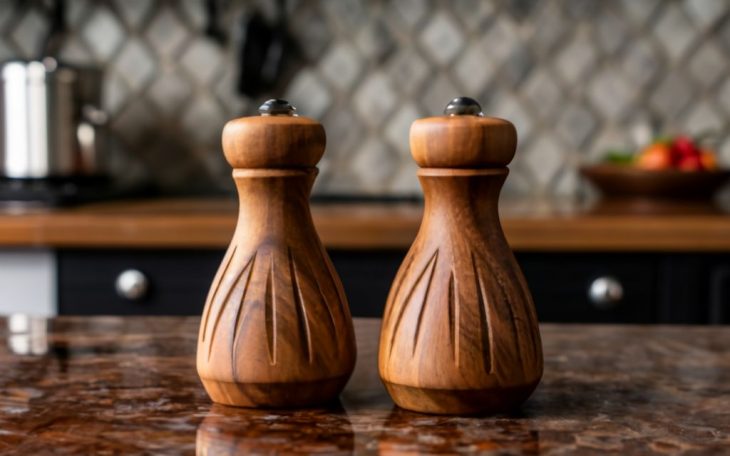What sort of a creature is this man who works in wood? Doesn’t he have the same weaknesses and strengths that all men have? Sure he does! Perhaps the main difference is that carving lets him better control his faults and by the same token, add to his strengths. I believe this is so.
What, then, are the outstanding characteristics of the man-or woman-who carves in wood?
Well, first of all, he is a creative person. “Only God can make a tree,” the poet said, but enough of the Creator is in man that he, too, is creative. So he can take the tree that God has made and bring forth things of form and beauty there from. And they, in turn, “live” as objects of art from the once living tree.
Perhaps the next most dominant feature of the carver’s character is his patience. No fisherman, no teacher, no jeweler can surpass the patience of the man with the knife as he guides the razor-edge to create a feather, an eye or a fin. In carving, time ceases to exist for the carver. “How long did it take you to make that?” Did you ever hear a carver reply, “fifteen hours and thirty-six minutes.” Not very often! How long did he stare at the piece of wood before he even touched it with knife and chisel? How many hours did he toss and turn in bed-after finally cleaning off his bench-worrying with how he’d do those fingers or that claw tomorrow? “How long did it take you to make that?” “A long time, son!”
Another intriguing word in the nature of the carver is pride-but it is an illusive guality that never is quite satisfied in his own being. And this is good. He loves to hear his work praised but he knows in his heart-and is quick to point out- that he could have done better-if-. And, of course, that is exactly what sends him on to the next piece-the compelling urge to improve even a little bit on the next one. The carver has, whether he realizes it or not, discovered that fine distinction between being satisfied and being content.
A carver is generous. More carvings, representing countless hours of painstaking labor, are given away than those that find their way to the market place. And even the ones that sell-if time were a factor-represent only a fraction of their worth. But the generosity of the carver is even deeper than that. He not only gives the fruits of his labors, but he gives himself. Gladly does he share ideas, techniques, his time to help the beginner.
A carver is a dreamer, a mechanic, an artist. He is a carpenter, a draftsman, a sculptor. Whether he is working from a pattern or from his own imagination, something-if not everything-about the finished piece is uniquely his own.
What is a carver? He is a man whose craft is so much a part of him that he becomes a better man for it. Someone-Emerson perhaps-said, “a man is what he thinks about all day.” Wood is good. A man who thinks about wood and creating things from this beautiful medium has little time or desire to dwell on negative or ugly or unpleasant things. Happy Carving!


You must be logged in to post a comment.